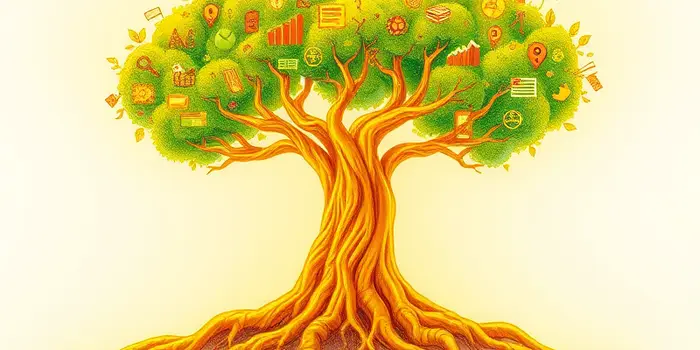
In an era where profit alone no longer justifies business purpose, ethical finance emerges as a transformative force. Aligning finance with moral values offers a blueprint for sustainable prosperity. This article explores principles, trends, challenges, and the path forward to build a finance system that champions people and planet.
Ethical finance represents finance guided by social and environmental standards rather than profit maximization alone. It embeds moral philosophy into resource allocation, ensuring that every financial decision considers broader societal implications.
At its heart, ethical finance rests on a foundation of values that safeguard trust and encourage positive outcomes. Financial institutions and individuals alike must adopt these principles rigorously.
Ethical finance aims to balance returns with stakeholder well-being, redefining success beyond mere financial gain. Its impact spans personal banking, institutional investments, lending, and insurance.
Positive and negative screening mechanisms help direct capital toward enterprises that promote renewable energy, healthcare, education, and community development. Simultaneously, they exclude harmful sectors like fossil fuels, tobacco, and weapons manufacturing.
The sustainable finance market achieved remarkable growth in 2024, reaching $8.2 trillion, up 17 percent from the previous year. Early 2025 data reveal over $30.3 trillion in global investments aligning with ESG criteria.
Millennials and Gen Z drive this surge, with more than 70 percent prioritizing sustainability in their financial choices. Regulatory frameworks such as the EU’s SFDR and CSRD intensify transparency requirements, demanding concrete reporting on environmental and social outcomes.
In this rapidly expanding market, key metrics illustrate the momentum:
Innovation continues to reshape the ethical finance landscape. From technological advances to novel financial instruments, these trends promise to deepen the sector’s reach and effectiveness.
Despite its promise, ethical finance faces significant hurdles. Data integrity and standardization issues persist, complicating reliable comparison across assets. The risk of greenwashing—misrepresenting the true impact of investments—undermines trust and requires vigilant oversight.
Regulatory fragmentation across jurisdictions leads to uncertainties for global investors. Additionally, market dynamics sometimes deprioritize ESG considerations in the face of short-term profit pressures, calling for stronger governance mechanisms and stakeholder advocacy.
Global institutions and grassroots movements collaborate to advance the ethical finance agenda. Leading asset managers, benchmarking firms, and AI analytics providers shape standards and transparency tools, while international bodies define frameworks and targets.
Consumer activism and civil society organizations also drive change, demanding that banks and corporations substantiate their sustainability claims and deliver measurable social benefits to communities worldwide.
Looking ahead, ethical finance is poised to enter a virtuous cycle: increased capital allocation to sustainable solutions spurs innovation, which in turn attracts more investors. Stakeholder pressure and evolving standards will reinforce accountability, compelling laggards to adopt credible ESG practices or risk losing access to capital.
Technologies such as blockchain may enhance transparency, while AI and data analytics provide deeper insights—provided ethical guidelines keep pace with innovation. By 2030, we may witness a finance ecosystem where profit and purpose are inseparable, fostering resilient economies and a healthier planet.
References





